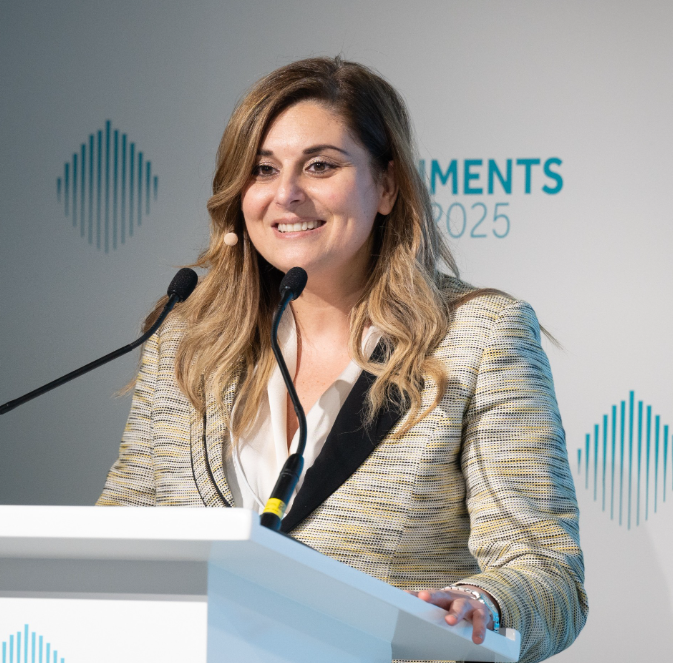Plenary-Innovation and Digitalization for Inclusive and Resilient Water and Sanitation Services
Summary
Innovation and digital technologies are transforming the way cities and utilities are designed, planned, and managed, and they are increasingly shaping the delivery of water and sanitation services. From artificial intelligence (AI) to smart meters, mobile platforms, leak detection tools, and data-driven planning systems, innovation can transform how utilities manage scarce resources and extend their services.
During the launch of the Global Dialogue on Artificial Intelligence Governance, UN Secretary-General António Guterres highlighted that the trajectory of AI will depend on our readiness to listen, adapt, and cooperate – across borders and disciplines. Further, the EU reminded that as we shape the future of AI, we must do so with a clear commitment to a human-centric vision, grounded in fundamental freedoms and human rights, democratic values, and the rule of law.
Yet, innovation goes beyond technology. Many utilities struggle with basic cost recovery, governance, and operational challenges, and cannot immediately adopt advanced systems. Innovation begins with managerial reforms, customer engagement, integrity measures, and strengthening institutional capacity before layering on more complex technologies. Equally, sanitation services lag, and inclusive innovation in faecal sludge management, container-based sanitation, and citywide approaches must be part of the digital transformation agenda.
Global frameworks such emphasize that technology must be a means to an end that serves people, safeguards human rights, and advances sustainability and resilience. This is also echoed in the UN-Habitat Strategic Plan 2026–20294 in that basic services, including safe water and sanitation, are foundational to equitable and inclusive prosperity, climate action and preparedness for crises and that data and knowledge are critical in their delivery.
The plenary will highlight the potential of innovation and the enabling conditions needed to deliver results for water and sanitation services. Achieving this transformation requires supportive policies, sound governance, sustainable financing, strong institutions, and participatory approaches that engage communities. Utilities cannot succeed in isolation and depend on enabling environments and strong partnerships including with other utilities and cities they operate in.
Importance will be placed on the role of Water Operators’ Partnerships (WOPs), in providing solidarity-based peer-to-peer exchange of digital capacities, skills, knowledge, and technologies. By connecting utilities globally, WOPs ensure that innovation is shared and adapted to local needs and realities.
Ultimately, the plenary will be a call to action for accelerating digital transformation in water and sanitation utilities by placing people, equity, and sustainability at the centre of smart city development and the uptake and transfer of new and emerging technologies, especially AI, in the Global South.
Objectives
Discuss how supportive governance, innovative financing, and partnerships (WOPs) enable utilities to adopt, adapt, and sustain innovation.
Call for increased transfer of technology (especially AI), knowledge, and data in shaping evidence-based, inclusive, and sustainable water and sanitation services in the Global South.
Partners
Session panelists
 Mr. Aguinaldo Ballon
Mr. Aguinaldo Ballon
 Ms. Deepa Karthykeyan
Ms. Deepa Karthykeyan
 Ms. Maria Cristina Bueti
Ms. Maria Cristina Bueti
 Mr. Ramateu Lefty Mofokeng
Mr. Ramateu Lefty Mofokeng

 Participate Online
Participate Online
 Add to Google Calendar
Add to Google Calendar